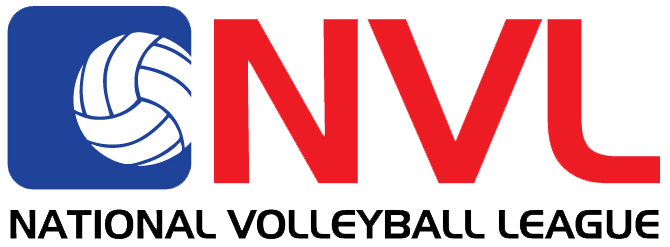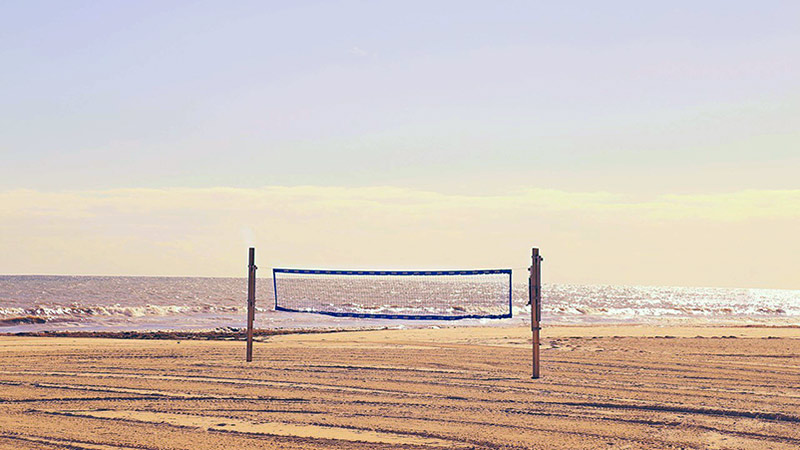Injuries happen, they are a regular part of life and hey, accidents happen. However, when an injury happens to an athlete, it can be devastating. There aren’t many things that are more frustrating, especially when it happens during playoffs or training. It’s easy to understand. You dedicate yourself and spend countless hours training for the sport you love. You push through the pain, the exhaustion, the blood, sweat, and tears because you know it’s worth it. But when an injury sidelines you and makes you stop dead in your tracks, nothing hurts worse.

The physical repercussions of an injury are usually apparent, but there is more than what meets the eye. There are also psychological and emotional effects that an athlete has to contend with. It’s easy for that athlete to feel disconnected and depressed. However, injuries will happen at some point, so knowing how to deal with an injury as an athlete is vital. Check out our list of tips and strategies that are sure to be helpful when you are in the midst of an injury.
Set Goals
Goal setting is important for every athlete, so don’t fall behind. Continue to set goals for what you want to obtain and reach, just make sure you are setting realistic and obtainable goals for yourself. Setting goals can help you better measure and monitor your progress, which will help you see the light at the end of the tunnel.
Seek Support
Don’t try to do it alone. Many people think they have too, and this can be a real setback during the healing process. Realize you have people around you who care, so lean on them. This may be fellow teammates, friends, and family. When you are going through a stressful life event, support is needed so don’t be afraid to ask others for help.
Set Your Intentions
Your mind and body are connected, so visualize yourself healing and getting back into the game. By doing this, you can help keep yourself in a positive mindset, which will help you heal faster. Suffering from depression and stress will slow down the healing process due to the stress that it puts on the body. To help ward off these feelings, speak and imagine your intentions for your body to heal as quickly as possible.
Put Your Feelings Down on Paper
Starting a journal or a diary is a good, healthy way to get your feelings, thoughts, and emotions down on paper. If you find yourself with a limited amount of people to talk to, then this step is imperative. Acknowledging and writing down your thoughts and feelings can help you better manage the thoughts going through your head. In the long run, this can help you think more logically and less emotional.
Stay in Shape
Depending on your injury you may still be able to partake in some form of physical activity. If you can, do so, even if it’s not your “sport.” Of course, if you can still practice certain aspects, then by all means, do so, even if you are just mentally practicing. Nonetheless, keeping yourself in shape, mentally and physically, will help you bounce back when you are fully healed and back in the game.
Find an Outlet
Finding something to help you remain connected is important during the healing process. If you can handle it, mentally, then find a way to stay connected with your sport. That may mean being a cheerleader for the team during games, or maybe volunteering your time as a coach. If this is not possible, then find another outlet. If you have another talent or hobby that brings you joy, use this time to explore other endeavors that you may not normally be able to partake in.







